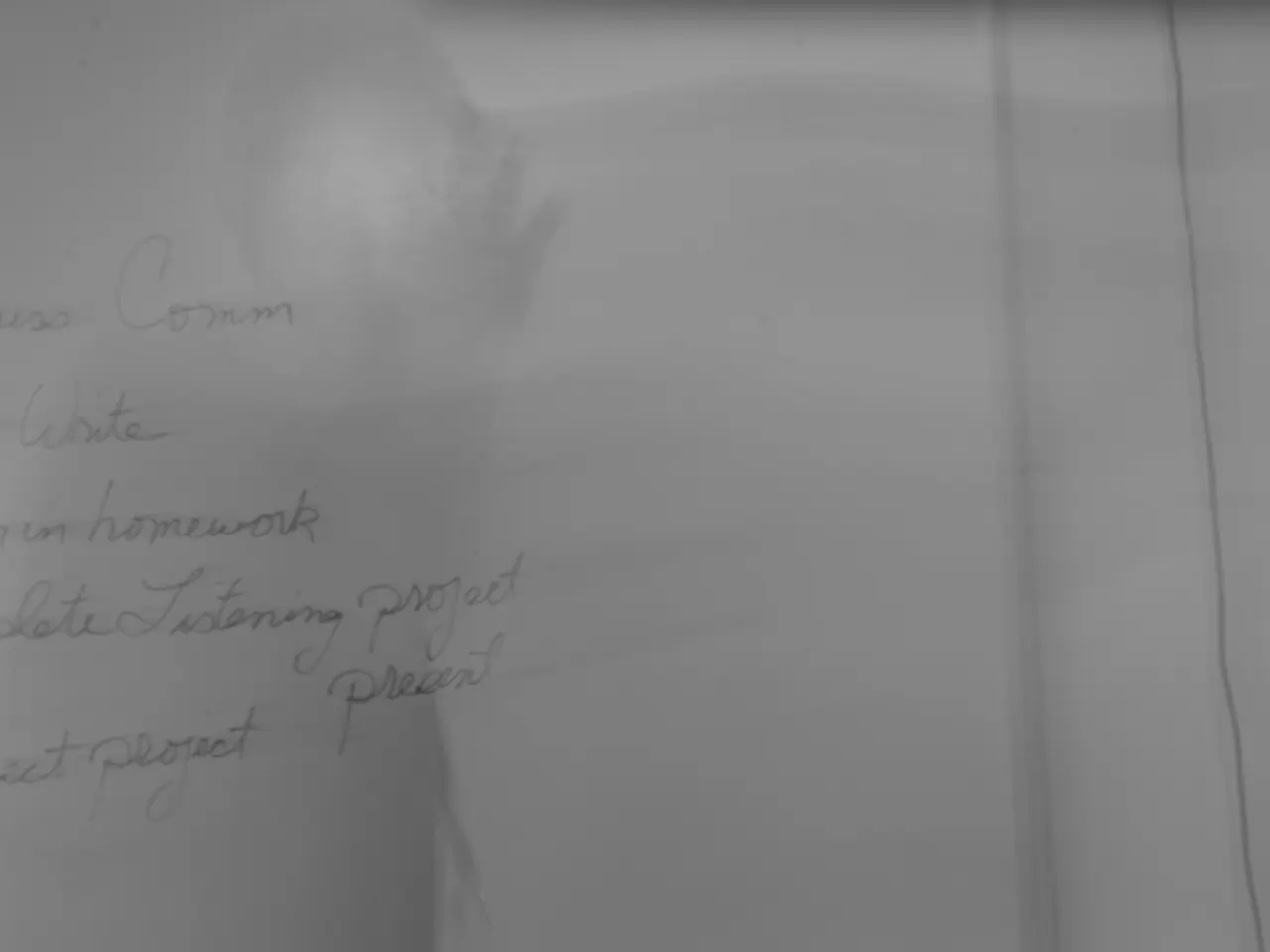Amended Legislature for Fishing Tariffs Proposed in Parliament Discussed
Fishing Fee Overhaul Proposed in Iceland, Shifting Burden to Larger Companies
The Minister of Industry and Trade, Hanna Katrín Friðriksson, has introduced a revised bill in the Althingi, proposing a hike in fishing fees. The bill has been fine-tuned to address concerns raised by municipalities and small fishing operators during a public consultation period.
Revised Bill Lessens Impact on Small Operators
The period of public consultation generated 112 responses, many echoing worries about the financial drain the proposed fees could impose on small and medium-sized businesses within the fishing industry. In response, a hike in exemption thresholds has been initiated. For most fishing categories, the first ISK 9 million in annual assessment will be exempt by 40%. For cod and haddock, key species in Icelandic fisheries, the exemption threshold has been boosted to 40% of the first ISK 50 million. This adjustment intends to cushion the impact on smaller fishing operations.
A Closer Look at Impact
The revised bill now encompasses a more comprehensive analysis effect, featuring an evaluation on how the changes would impact the 100 largest companies in the sector, data on the total taxation of the fishing industry, and a comparison with fish pricing systems in Norway. According to the new proposal, the 30 largest fishing companies will shoulder around 90% of the total fees under the new structure.
The renewed bill addresses the concerns of small and medium-sized operations, particularly the financial strain from proposed fees. However, specific alterations to ease this strain for smaller businesses are still to be articulated publicly. There are ongoing discussions and demands for fairness and equity across all fishing operation sizes, including clearer criteria for determining fishing rights values and the economic implications of the new fee structure.
In summary, the revised fishing fee structure in Iceland places a significant portion of financial burden on larger companies, while alleviating the impact on smaller ones. However, detailed modifications aimed at aiding small and medium-sized operations are yet to be disclosed.
The Minister of Industry and Trade, Hanna Katrín Friðriksson, has proposed updating fishing fees in Iceland, targeting larger companies more disproportionately. The revised bill lessens the impact on small operators by increasing exemption thresholds, especially for critical species like cod and haddock.
A closer look at the impact reveals that the 30 largest companies in the sector will bear around 90% of the total fees under the new structure. Despite this, specific adjustments to ease financial strain for smaller businesses are still being publicized.
Ongoing discussions emphasize the need for fairness and equity across all fishing operation sizes, demanding clearer criteria for determining fishing rights values and the economic implications of the new fee structure. While the revised bill seems to shift the financial burden away from small businesses, precise measures to assist smaller enterprises have yet to be announced.





